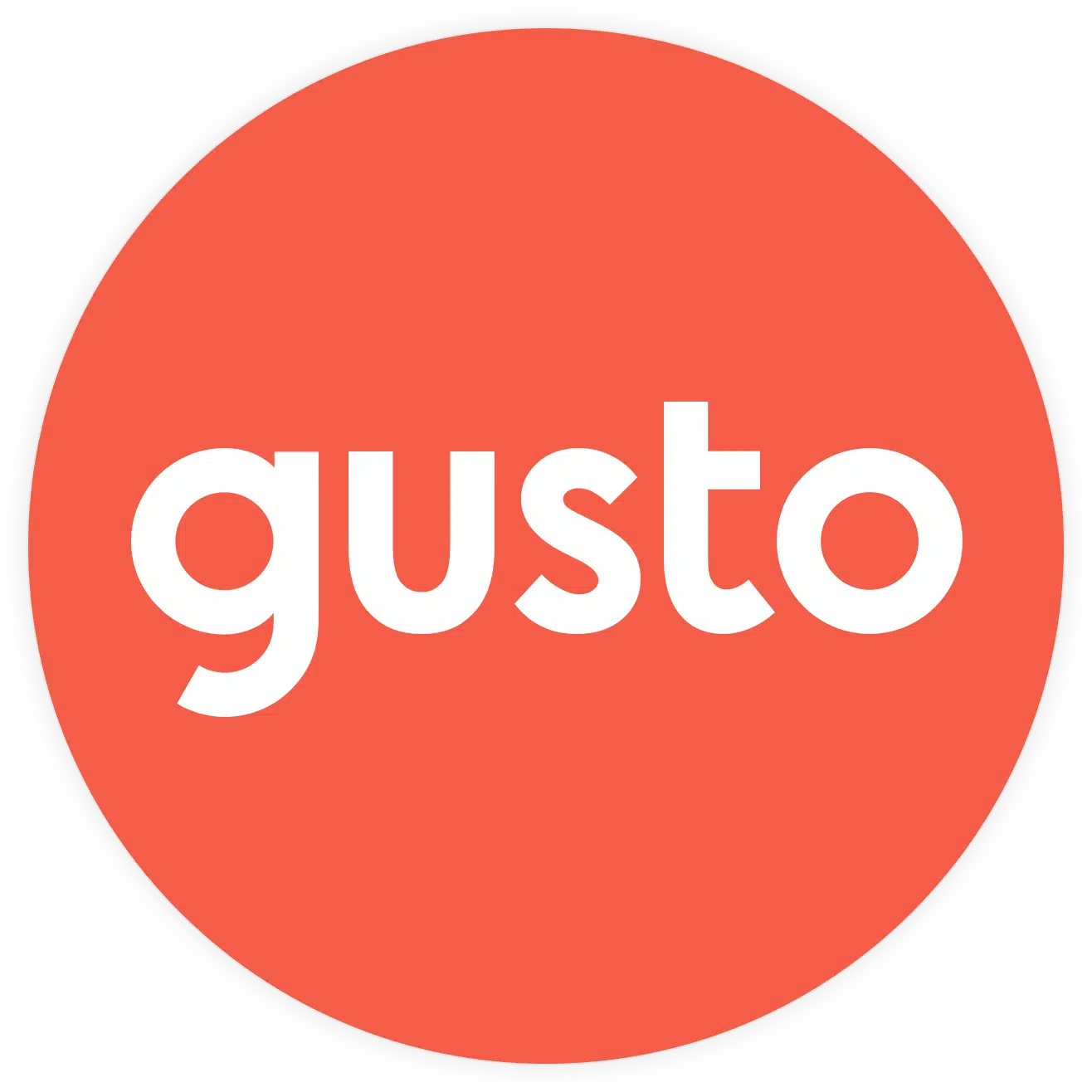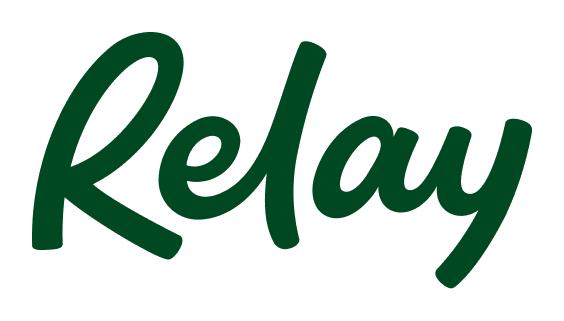

5 Essential Financial Tools Every Creative Entrepreneur Should Use – Tate Henshaw

Why Financial Systems Matter for Creatives
Let’s face it—managing money isn’t why you started creating. But if you’re serious about building a sustainable, long-term creative career, then you have to treat your finances like part of the art. Systems protect your energy. They free up your time. And most importantly, they give you choices.
I’ve worked with hundreds of independent creatives—from designers and musicians to producers and agency founders. And I’ve seen firsthand that the difference between surviving and thriving often comes down to whether or not you’re using the right tools.
I’m Tate Henshaw, and my mission is simple: help creative people feel confident with their money. I’ve spent the last decade helping artists, founders, and cultural workers set up systems that make money less scary and more empowering. Follow me on Instagram @tatehenshaw for financial tips, templates, and honest advice that actually works.
The Tools (And How Creatives Use Them)
If you’re just getting started, or if your money feels like chaos, these five tools will help you get organized fast. They’re used by creative entrepreneurs at every level—from freelancers to label heads—and they’re simple enough to implement this week.
Xero: For Clear Financial Visibility
Use-case: A freelance videographer uses Xero to track invoices, categorize expenses from gear purchases, and run monthly reports to prep for taxes. Why it matters: Clarity is power. With Xero, you see what’s coming in, what’s going out, and how much runway you’ve got. What it replaces: Messy spreadsheets and forgotten Venmo receipts.
Learn more about Xero
Bill.com: To Streamline Vendor Pay
Use-case: A small creative agency uses Bill.com to pay collaborators, freelancers, and production teams on time without chasing down emails or invoices. Why it matters: Stop living in your inbox. Bill.com automates approvals, payment scheduling, and keeps everything compliant. What it replaces: Scrambling for W-9s, random bank transfers, and miscommunication with collaborators.

Gusto: To Organize Your Money Flow
Use-case: A content creator uses Relay to split revenue automatically into buckets: 30% for taxes, 20% for savings, 50% for operating. No more guessing come tax season. Why it matters: Relay gives you control. You can see exactly where your money is going and prevent that end-of-quarter panic. What it replaces: One checking account for everything—and zero visibility into what’s safe to spend.

Relay: To Organize Your Money Flow
Use-case: A content creator uses Relay to split revenue automatically into buckets: 30% for taxes, 20% for savings, 50% for operating. No more guessing come tax season. Why it matters: Relay gives you control. You can see exactly where your money is going and prevent that end-of-quarter panic. What it replaces: One checking account for everything—and zero visibility into what’s safe to spend.

LastPass: To Keep Your Accounts Safe (and Share Access)
Use-case: A creative team working remotely shares logins for Canva, Stripe, and banking tools using LastPass, so no one has to copy passwords into Slack. Why it matters: Your business lives online. Don’t let one weak password take it all down. With LastPass, you stay secure and efficient. What it replaces: Shared spreadsheets of passwords, email hacking risks, and endless "forgot password" loops.
Why Creators Need to Think Like Founders
Being a creative today means being a business owner—whether you like that term or not. If you’re earning income from your art, your clients, your brand, or your fans, you’re already running a business. You don’t need to wait to feel “ready.” You need systems that match your ambition.
When you think like a founder, you stop living in survival mode. You build structures that let you grow. These tools aren’t just for finance bros or corporate people—they’re for you. Because what you’re building is real, and it deserves support.
Systems build freedom.

Final Takeaway
Financial health is creative freedom. Every time you avoid your finances, you trade away your peace of mind. But when you take just one step toward organizing your money—whether it’s setting up Relay, hiring with Gusto, or just tracking your income in Xero—you’re building a foundation for a career that can last.
Start small. Start smart. And start today.
If you want support, templates, or a step-by-step breakdown, follow me on Instagram @tatehenshaw. I’m here to make money make sense—so you can focus on what matters most: making your work.


